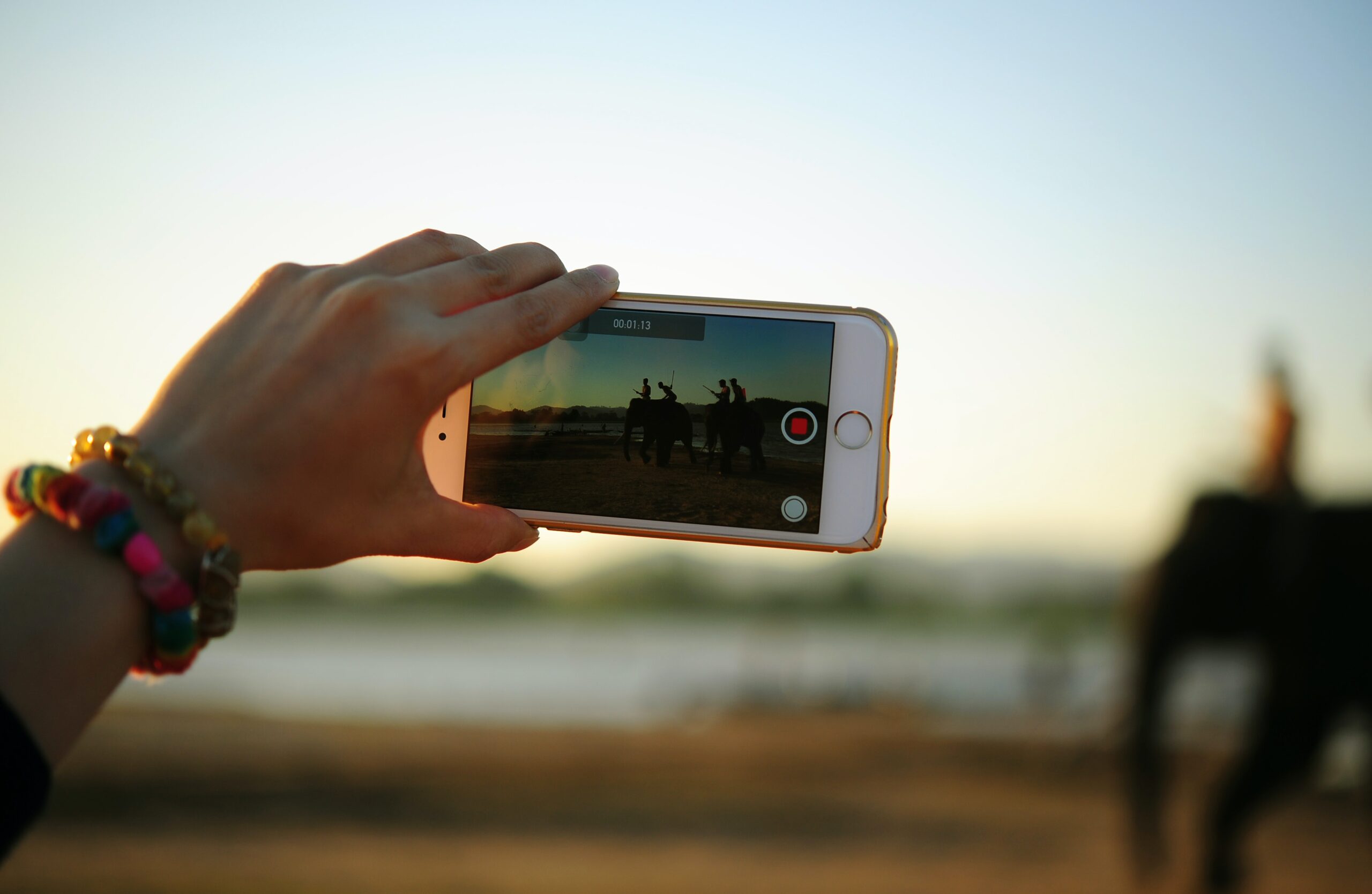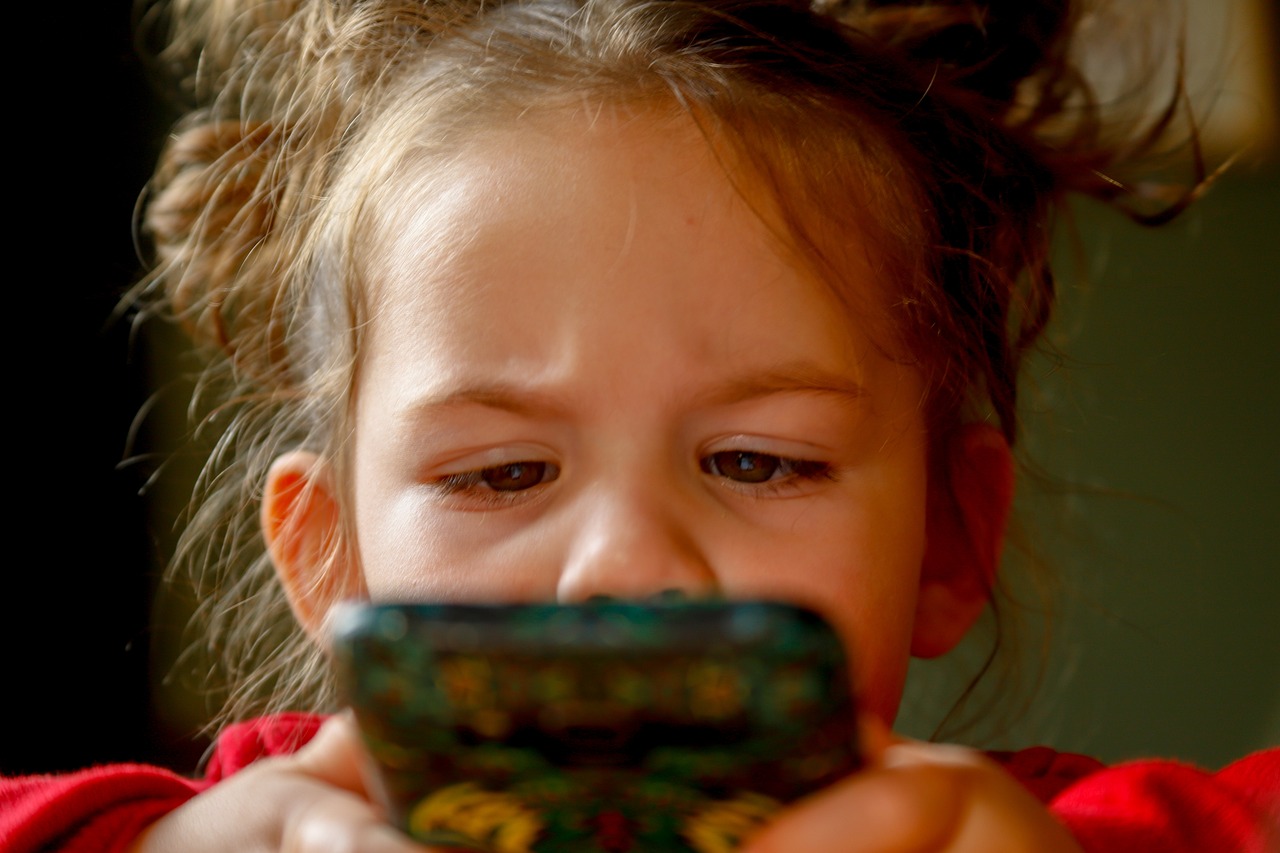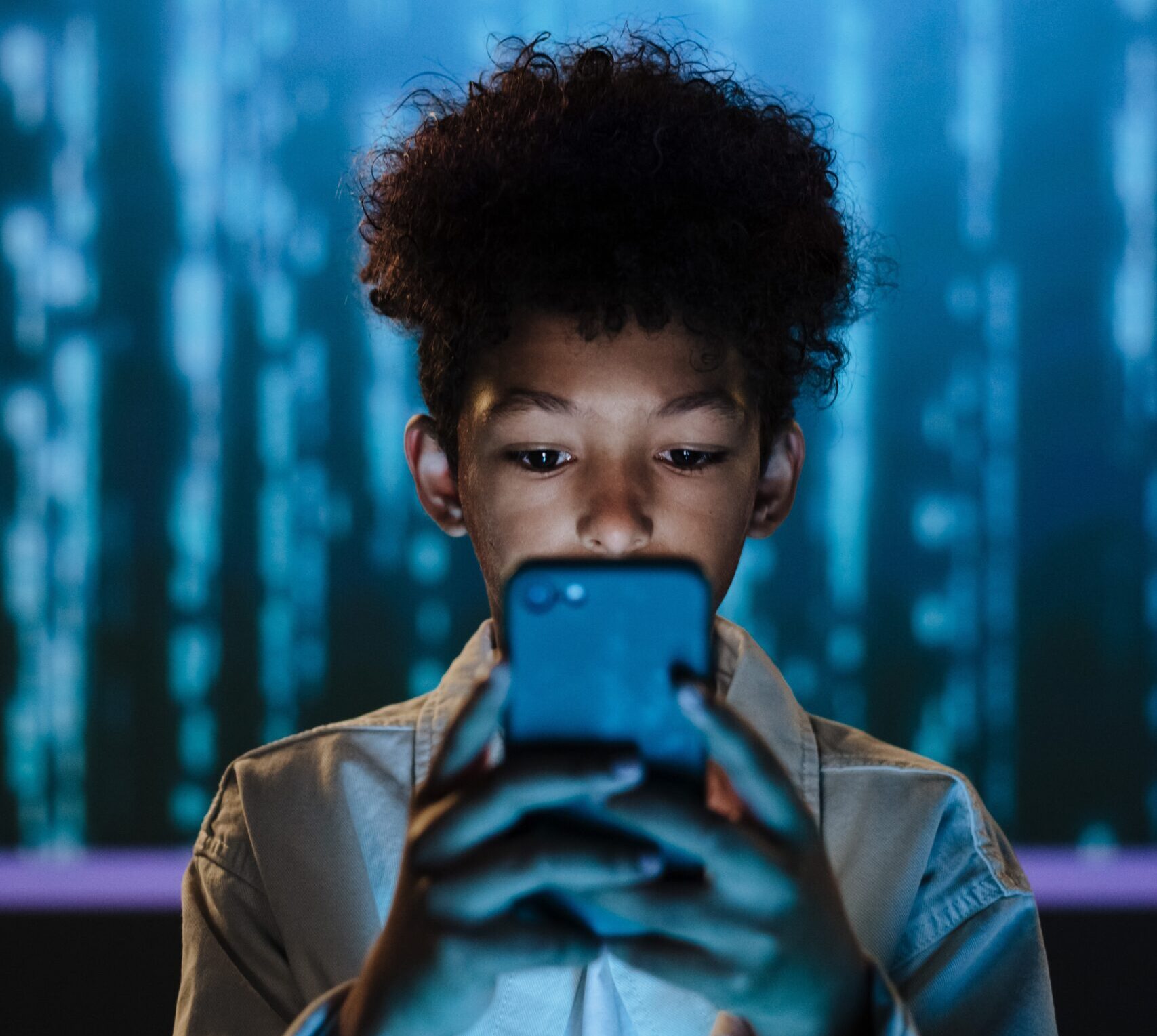Find out what you can do to ensure that your child spends less time on their smartphone. You need to encourage them to do other activities.
Cell phone use has become increasingly common these days, including among children and teenagers. It is practically impossible to find a child who does not have access to game and video apps, even if it is on their parents' or guardians' cell phones. The problem is that these children often stop doing offline activities, spending too much time on the device, and even developing an addiction.
According to experts, this constant use of cell phones can have a significant impact on neural development and well-being. Excessive use of games and social networks activates the brain's reward system, which causes some of these children and adolescents to become addicted, as it releases dopamine, a neurotransmitter that generates well-being. In addition, continuous use of cell phones can also lead to a decrease in the ability to concentrate.
However, parents can help control the use of the device by analyzing how their child uses the cell phone, checking the content accessed, the time spent during the day and encouraging the practice of activities outside the internet, such as soccer, dancing, swimming, playing in the street and more.
Find out now what to do when your child won't get off their cell phone and protect them from the effects caused by excessive smartphone use.

Excessive cell phone use
According to the Brazilian Society of Pediatrics (SBP), the excessive cell phone use and other electronic devices can also have negative impacts on the sleep and mood of children and adolescents. Among the main problems cited by the Society is anxiety, which causes behaviors such as: agitation, irritability, insomnia, tension, pain and other behavioral changes.
These changes include: difficulty interacting, problems with school performance, visual and hearing problems, decreased physical activity and others that affect daily activities.
The SBP stipulates a maximum of three hours of screen time per day for adolescents between the ages of 11 and 18 and recommends that this time be distributed throughout the day. According to the recommendations, screen time during childhood should be restricted, with children under the age of two not having any type of access. Children between the ages of 2 and 10 can use the device for a maximum of one hour per day.
In addition to controlling this time, parents also need to be aware of the content their children access, like games age-inappropriate videos, which can further influence inappropriate behavior.
How to solve
If the parent notices that the child is not accessing inappropriate content, it is necessary to analyze the amount of time the child is using the device. If the cell phone is taking up time for activities that are ideal for the child's development, it is ideal to review the situation.
The child must have time to play, interact with family and friends, exercise, sleep well and still dedicate themselves to school activities. These activities outside the online world favor neuropsychomotor development and are associated with healthy habits, offering greater well-being.
If your child is spending too much time on their cell phone, you can help them in the following ways:
– Stimulate other activities;
– Do not give your cell phone in moments of frustration;
– Do not give your cell phone as a reward;
– Set an example.
In the latter case, you should be aware of the amount of time you spend on your smartphone and set an example for your children through moderate and healthy use, as children look up to their parents and end up imitating certain behaviors.



